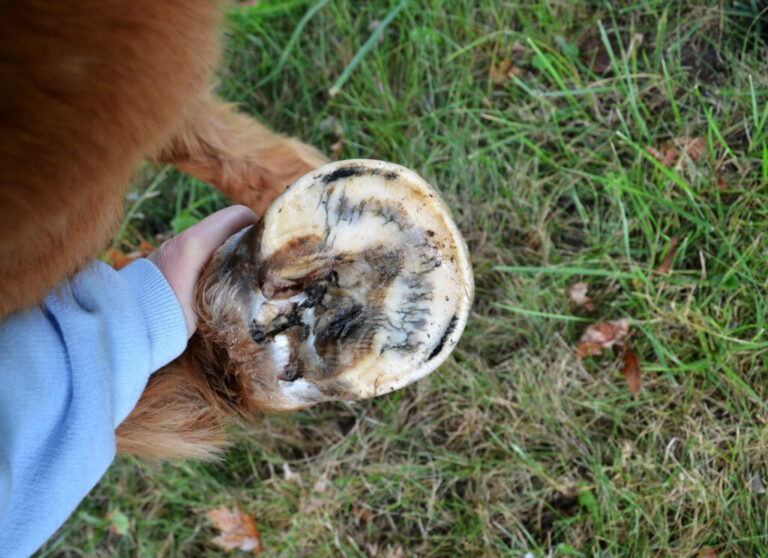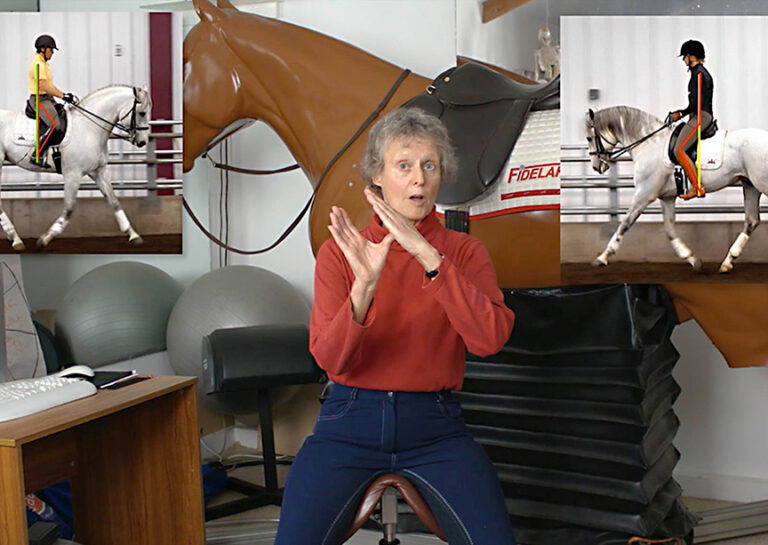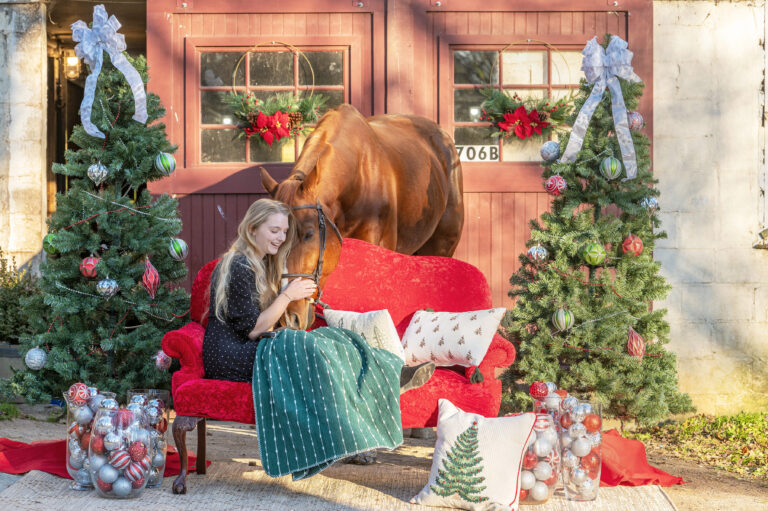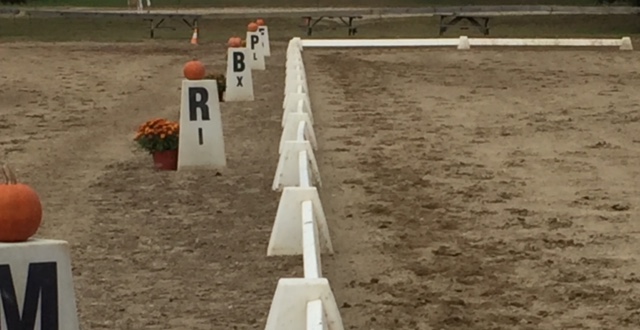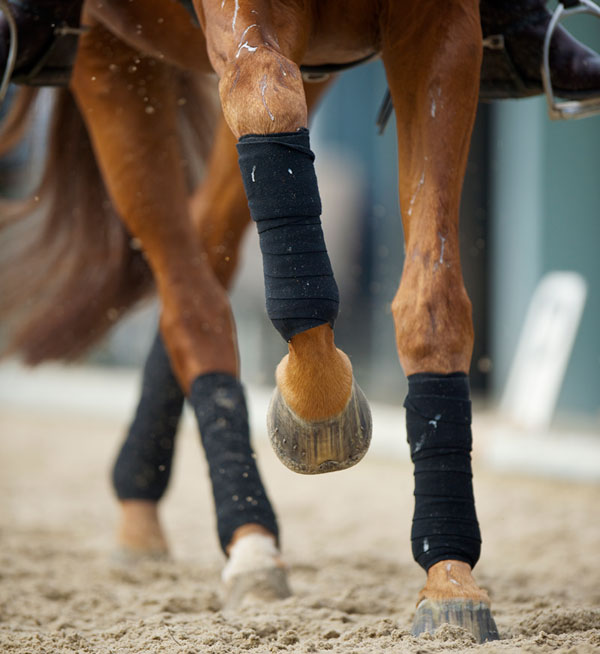Q: A friend of mine did a hair analysis on her horse. It turned out that the hair contained too much aluminum (probably from the water), which requires special supplements. How seriously should she take the results? I understand not every veterinarian performs hair analysis, but that it has become popular in Europe. What are your thoughts?
Holly Fleming
Lexington, Virginia
Sarah Ralston, VMD, PhD, DACVN
A: There is no one-to-one correlation with the minerals in horse hair and their dietary intake. The late Ray Leroy, chemist and founder of the Magic Powder Company in Arizona, and I researched factors influencing minerals in horse hair in the 1980s and found that the relationships of minerals and dietary intake were extremely complex.
Harold Hintz, PhD, from Cornell University conducted a similar study around that time wherein he sent black and white hairs as two separate samples from the same paint horse to several hair-analysis laboratories. He was told the black horse needed several supplements to correct imbalances and the white horse needed a totally different array of supplements to correct a different set of problems. It might be fun to repeat that study; it is certainly easy enough to do.
Other studies of hair analysis have found similar ambiguous results, and positive results are mostly based on purely anecdotal evidence.
Aluminum can be a contaminant, but it is not coming from the water. The most common source of aluminum is from pastures or hayfields that are close to busy highways. It is a pollutant in car exhaust. It can interfere with calcium utilization (again a study done by Dr. Hintz quite a while ago), but unless the level is extraordinarily high (over 1000 mg/kg), aluminum should not be a concern for an adult horse fed a well-balanced ration. The pastures here at Rutgers University that are next to a very busy highway tested over 500 ppm aluminum, but the horses maintained on them 24/7 have shown no obvious ill effects.
Sarah L. Ralston, VMD, PhD, DACVN, is professor at the Department of Animal Sciences at Rutgers University. Board-certified by the American College of Veterinary Nutrition, she trained dressage with Col. Roberto Mondino of the Brazilian military in the ’60s.



